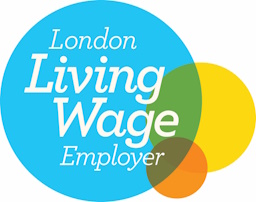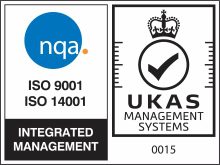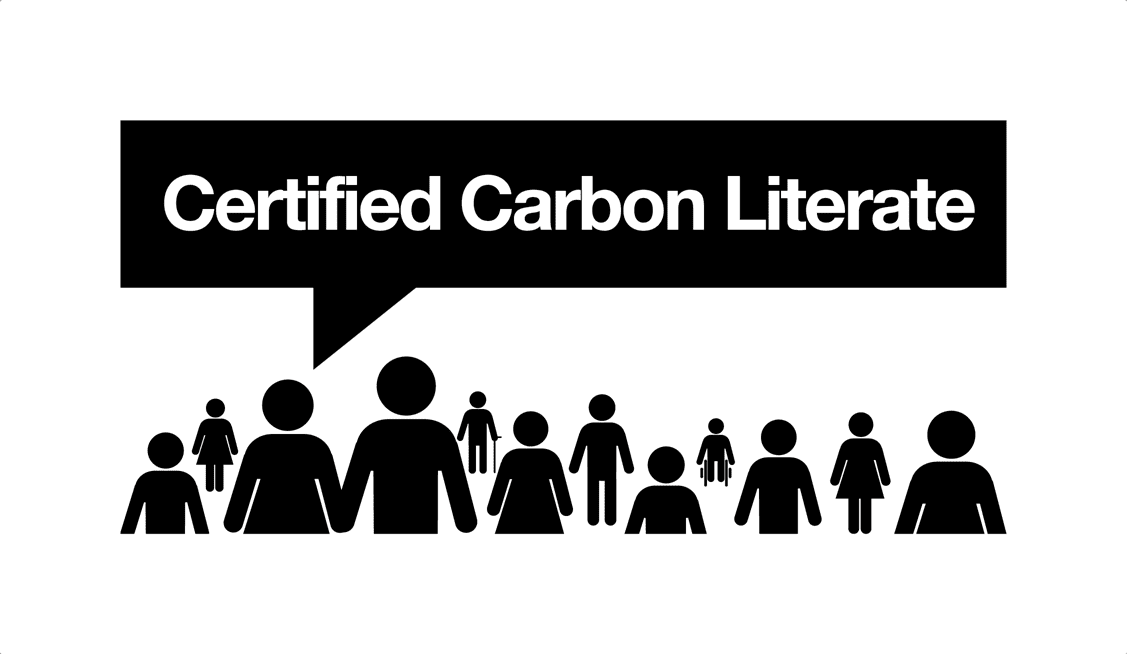
The BCC’s Quarterly Economic Survey (QES) for Q3 2022 shows a significant decline of key economic indicators, with weakening structural business conditions and confidence a cause for concern.
The QES is the UK’s largest independent survey of business sentiment and a leading indicator of UK GDP growth. The survey took place between August 22 and September 16, prior to the Government’s energy support package for firms and the mini-budget announcement.
The survey of over 5,200 firms – 92% of whom are SMEs – reveals there have been significant declines for indicators of business sales, cashflow, and profit expectations.
All indicators of business conditions and confidence have fallen significantly from Q2 positions.
More businesses are now seeing their cashflow decreasing, instead of increasing. One in three (32%) firms reported reduced cashflow over the last three months, while 23% reported an increase.
Indicators for business confidence have plummeted; less than half (44%) of firms expect their turnover to increase over the next 12 months, while 25% expect a decrease. Those expecting an increase is down ten percentage points from 54% in Q2.
Profitability confidence has dropped to an even lower level; only one in three (33%) businesses believe their profits will increase over the coming year, while 39% now expect a decrease. This is the lowest level since Q4 2020 at the height of the Covid crisis.
Unsurprisingly, firms are not upping investment in their business. Only 22% reported an increase to plant/equipment investment in the past three months, while 57% reported no change, and 22% reported a decrease.
Business activity is taking a hit, with fewer firms reporting increased sales.
Only 33% of firms reported an increase in domestic sales over the past three months, a sharp decline from the Q2 level of 41%. 24% of firms reported a decrease in sales.
The outlook is particularly bleak for the retail and wholesale sector. The sector is now in its second quarter of negative territory; with far more businesses reporting a decrease in sales rather than an increase. 25% of retail/wholesale firms reported an increase in domestic sales, while 39% reported a decrease.
Alongside the retail and wholesale sector, other sectors are also struggling; almost three-quarters (71%) of hospitality businesses reported they are operating below capacity.
Inflationary pressures are showing no signs of letting up.
The percentage of firms expecting their prices to rise over the coming months (62%) remains close to last quarter’s record high. 84% of firms also cite inflation as a growing concern to their business – by far the highest level on record. A rising proportion (37%) are also worried about interest rates.
Responding to the findings, Sara Williams, Staffordshire Chambers CEO, said:
“The latest QES results show a significant decline of key economic indicators, with firms siting weaking structural business conditions and confidence as causes for concern.
“This comes as little surprise in light of events during recent weeks and months, but it paints a real picture for the business community – that firms here in Staffordshire and across the country are caught in the pincer movement of soaring inflation and rising interest rates.
“There has been a sector-wide fall in domestic sales that, coupled with rising inflation, is making for a toxic mix – and businesses must be supported.
“Both measures are heading towards levels not seen since the onset of the Covid crisis.
“While the energy support packages have alleviated some immediate pressure on firms, confidence has taken a further hit following the market reaction to the mini-budget. The devaluation of the pound has also added a huge cost base for businesses reliant on imports.
“Businesses now desperately need to see economic stability in order to rebuild the confidence to invest.
“More than ever, it is vital that the Government roll out a long-term plan to support firms of all sizes – and time is certainly of the essence. The Chamber network is making a plea to Government to provide more certainty by bringing forward the publication of their Fiscal Plan. The sooner they do this, the sooner markets and businesses will understand what the long journey to stability will look like.”











You must be logged in to post a comment.